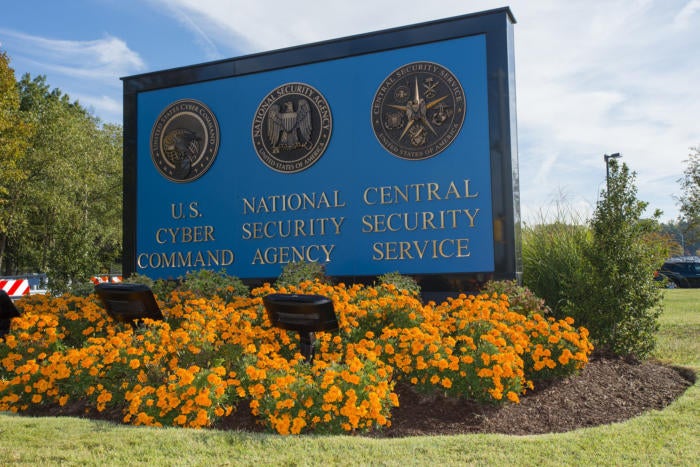Eight steps to the GDPR countdown

Credit to Author: Sandra Henry-Stocker| Date: Thu, 25 May 2017 12:52:00 -0700
One year from today, the recently passed regulation known as “GDPR” (General Data Protection Regulation) goes into effect. While EU-specific, it can still dramatically affect how businesses that work with personal data of citizens and residents of the EU. GDPR was approved a year ago and will be going into effect in another year. It applies directly to organizations within the EU, but also applies to organizations outside the EU if they 1) offer goods and services to the EU, 2) monitor the behavior EU subjects, or 3) process or retain personal data of EU citizens and residents. And the regulation can place very serious fines and sanctions for non-compliance.
To read this article in full or to leave a comment, please click here





